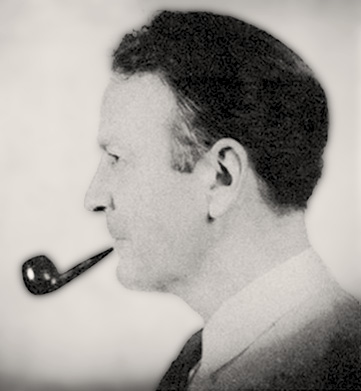Raymond Thornton Chandler was an American-British novelist and screenwriter. In 1932, at the age of forty-four, Chandler became a detective fiction writer after losing his job as an oil company executive during the Great Depression. His first short story, "Blackmailers Don't Shoot", was published in 1933 in Black Mask, a popular pulp magazine. His first novel, The Big Sleep, was published in 1939. In addition to his short stories, Chandler published seven novels during his lifetime . All but Playback have been made into motion pictures, some more than once. In the year before his death, he was elected president of the Mystery Writers of America.Chandler had an immense stylistic influence on American popular literature. He is considered to be a founder of the hard-boiled school of detective fiction, along with Dashiell Hammett, James M. Cain and other Black Mask writers. The protagonist of his novels, Philip Marlowe, like Hammett's Sam Spade, is considered by some to be synonymous with "private detective". Both were played in films by Humphrey Bogart, whom many consider to be the quintessential Marlowe.
At least three of Chandler's novels have been regarded as masterpieces: Farewell, My Lovely , The Little Sister , and The Long Goodbye . The Long Goodbye was praised in an anthology of American crime stories as "arguably the first book since Hammett's The Glass Key, published more than twenty years earlier, to qualify as a serious and significant mainstream novel that just happened to possess elements of mystery". Chandler's reputation has grown in recent years.
Wikipedia
✵
23. July 1888 – 26. March 1959
•
Other names
Raymont Chandler,
Ρέημοντ Τσάντλερ,
ریموند چندلر
